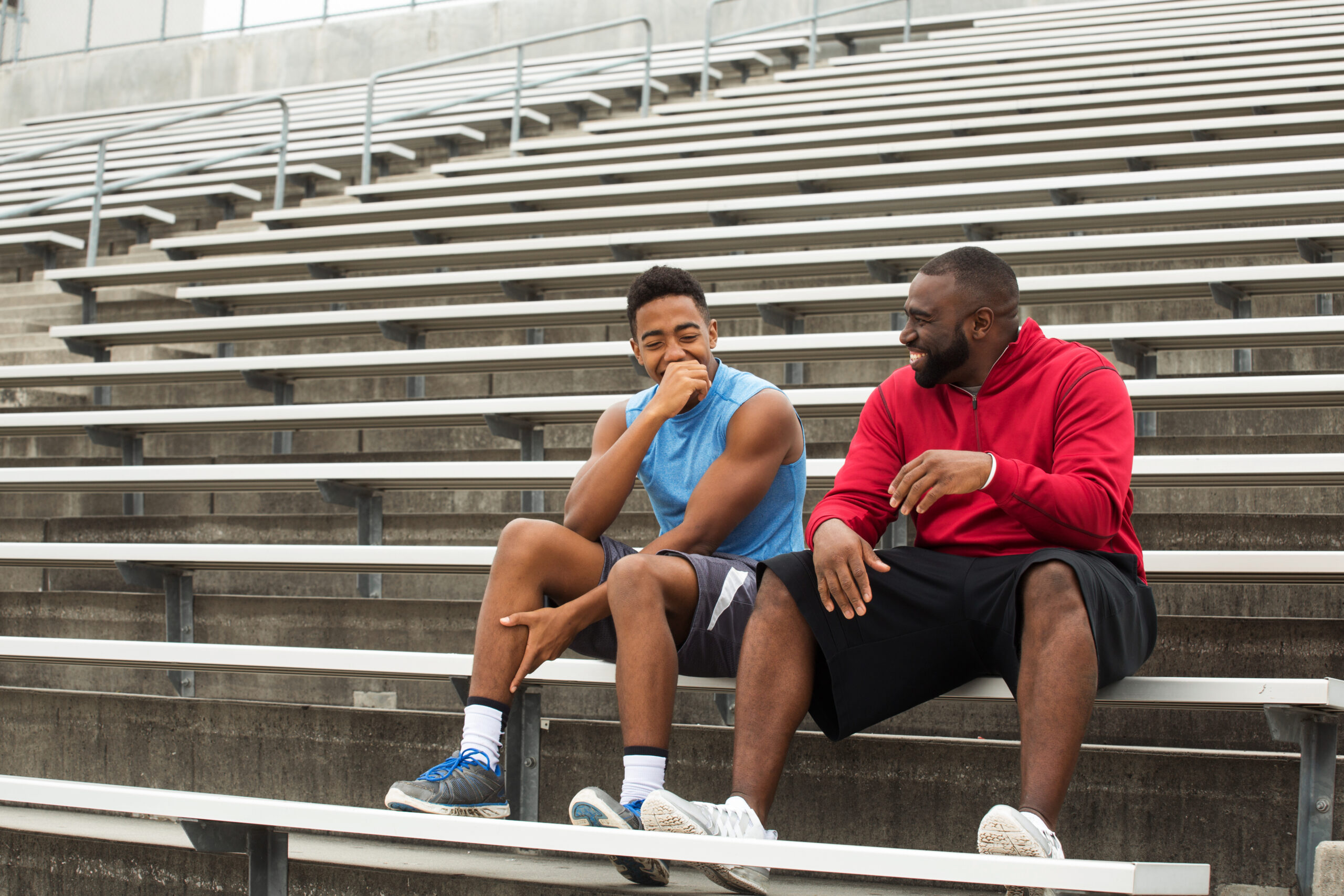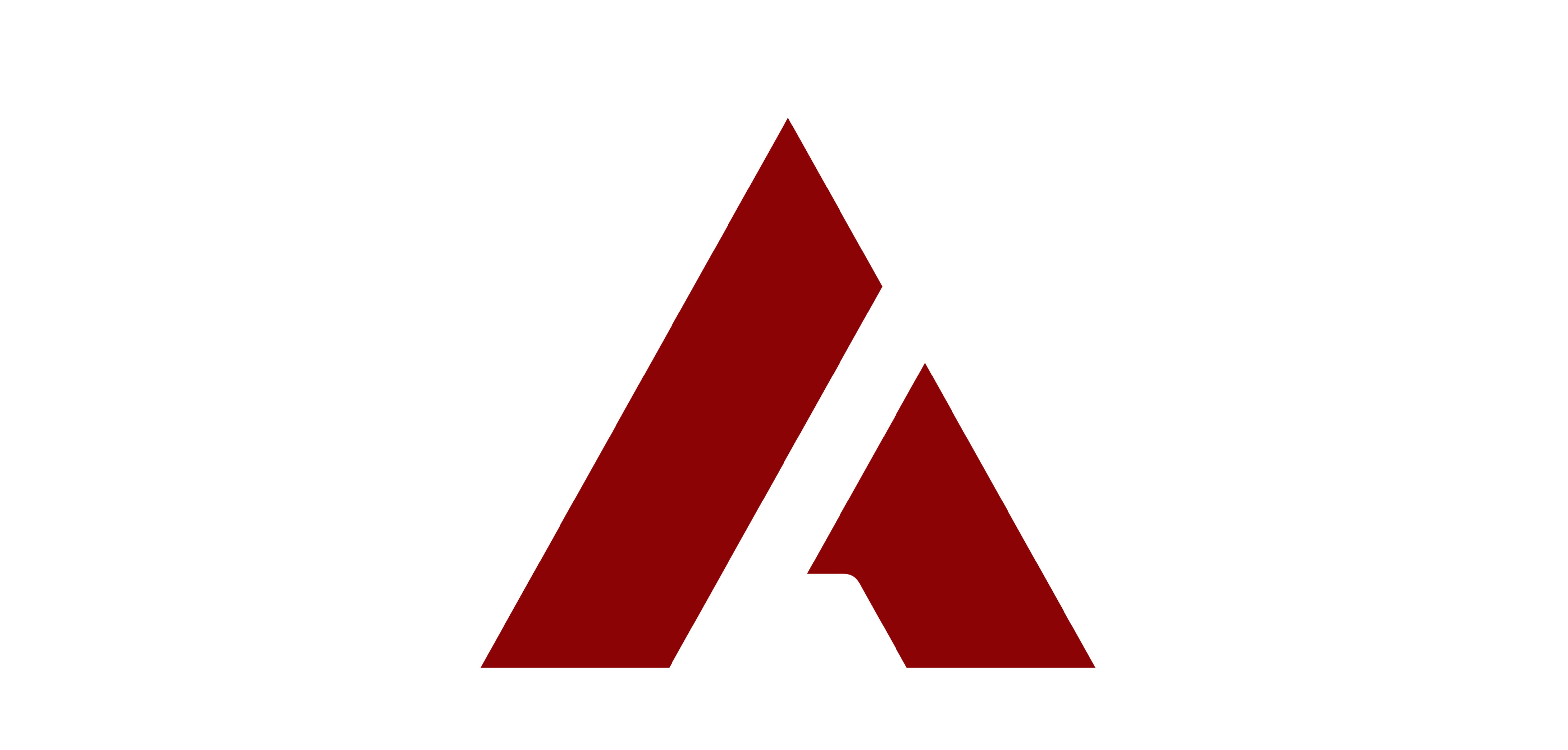Article
As NIL enters Year Two, several schools and external stakeholders are taking unique approaches to promoting NIL offerings to benefit their athletes and demonstrate their commitment to a new era in collegiate athletics. Promotional methods vary from school to school, but as more athletes take advantage of their right of publicity, some schools are eager to support and enable them – while maintaining compliance integrity.
After July 1, 2021, schools were quick to create NIL landing pages to display policies and announce campus and third-party partnerships in the evolving market. Over the last 15 months, these landing pages have evolved into full-fledged promotional strategies, with some facilitating marketplaces for brand deals and others offering direct third-party assistance.
Let’s look at how a few schools have approached maximizing opportunities for their athletes through promotional efforts:
• Athletes at Texas may opt in to the LEVERAGE Lineup, an online NIL marketplace where they may post photos, interests, bios, and more. Companies, brands, and even fans may inquire about athlete appearances, video shoutouts, social posts, and autographs directly through the marketplace.
• Miami Athletics has launched its own online Miami Marketplace where athletes may review opportunities, accept deals, and receive compensation all on one platform.
• Tennessee took the personnel services path as they encourage anyone interested in partnering with a Volunteer athlete to complete a questionnaire on the school’s NIL Submission Page.
• LSU’s integrated NIL department, known as NILSU, connects athletes with brands and promotes deals online and via social media, as well as through in-person “GeauxTime” events where local businesses may connect with Tiger athletes. LSU’s athlete-first approach is supported by dedicated on-campus ASP personnel who collaborate with departmental staff on NIL strategy and deal sourcing for athletes.
• Visitors to Wisconsin Athletics’ YouDub webpage are greeted by success stories of deals being struck between Badger athletes and brands such as Pepsi.
• This season, fans at Kansas home games can scan a QR code to access the Jayhawks’ NIL Marketplace.
Although it is likely too early to assess the success of these and other promotional methods, schools have employed effective, far-reaching social media campaigns in the past. This is undoubtedly a different animal on a scale not seen before; not to mention, for athletes to earn compensation through NIL activities.
As the dominoes fall from what has thus far been a still developing approach to regulatory enforcement, and with additional promotion of NIL likely to come, schools must continue to monitor and address potential risks in this space, including Title IX gender equity considerations and general sponsorship conflicts. Without proper planning and the establishment of forward-looking procedures and best practices, it will become more difficult to maintain the seemingly successful navigation to date. Schools must stay vigilant in implementing and broadly communicating proactive strategies to continue to mitigate that risk, which will inevitably soon be challenged.
If the top priority of collegiate athletics programs is to support the development and success of athletes, then it stands to reason that attracting business opportunities, generating organic media, and using expansive platforms to foster professional relationships — now and in the future — lays a strong foundation for mutual success, and one we are proud to support in this new era of collegiate athletics.
For more information on how we can support your department, please contact us at general@altiussp.com.


